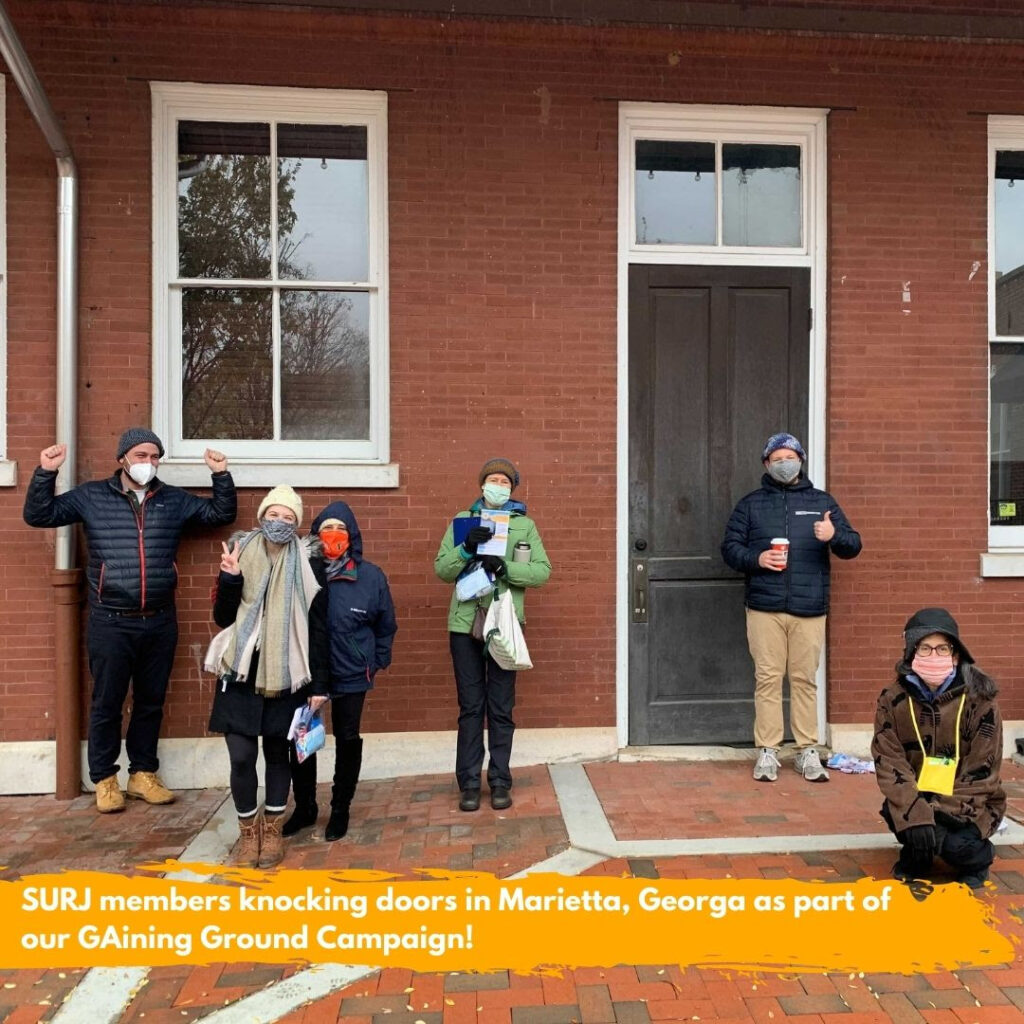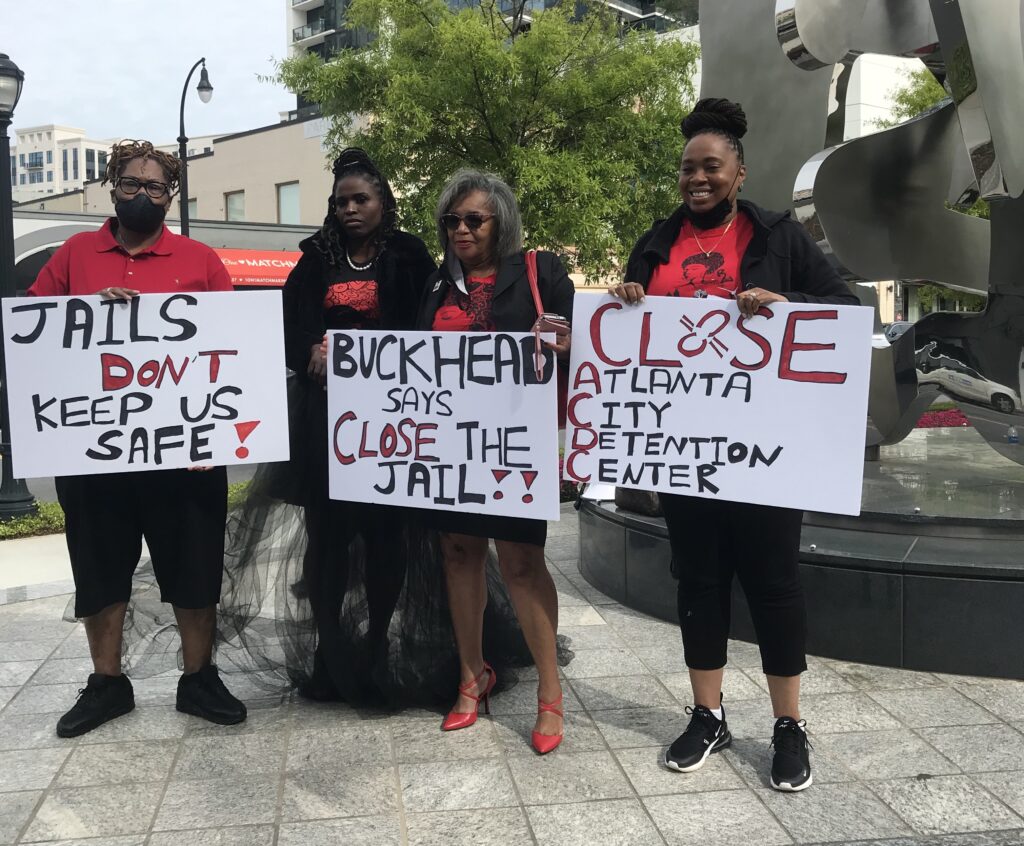Beth Howard, Southern Crossroads
In the midst of last summer’s racial justice uprising, I wrote a call-to-action love letter to my fellow rednecks, inviting them to join me to fight for Black lives.
I wrote about the need for us to reclaim the word “redneck” and its roots in the historic Battle of Blair Mountain, Kentucky. I wrote about how fighting for what’s right is in our bones and in our legacy. And I wrote about how rich and powerful people spend a lot of time and money making sure that we stay divided from Black and Brown people because they know if we stop fighting each other and start fighting them, they are screwed.
Last summer was the 100 year anniversary of this historic fight, and I am thrilled to be joining in the celebrations of the #Blair100 in Charleston, WV, over Labor Day weekend alongside powerful Southern organizations like the West Virginia Mine Wars Museum and WV Can’t Wait. I’ll be speaking on a panel, “The Legacy of the Red Bandana,” on September 4 at 7 pm ET and you can watch live on SURJ’s Facebook page. I am proud that my organizing work in Kentucky and across the South is in the legacy of the multiracial miners who stood together at the Battle of Blair Mountain.
I could never have imagined the reception that piece, “Rednecks for Black Lives,” would receive. Over a year later, I’m still hearing about how people read it and saw themselves and their families and their stories in it — how it filled them with a different kind of Southern pride. I heard about how poor folks, rural folks, people who have been struggling for decades, people the rest of the nation shames — they want to join this fight because they know they have everything to gain.
For folks who have roots in Appalachia, we know about the history of the term “redneck,” but for many folks outside the area, it was the first time they’d heard about how the term isn’t something ugly, but a hearkening to a fighting spirit of Southern resistance. Here’s some of what I wrote:
Poor and working class white folks showing up alongside Black folks and people of color demanding justice is actually exactly who we are. For decades the label “redneck” has been thrown at us to degrade us but it’s time we reclaim it. The term redneck actually comes from the nation’s largest labor uprising, the Battle of Blair Mountain in West Virginia in 1921, when a multiracial group of 8,000 miners fought coal company operators to unionize. The power of working people coming together was so threatening that coal company owners brought in 3,000 lawmen and strikebreakers to tear them apart. The battle ended after approximately one million rounds were fired and the United States Army intervened by presidential order and called in the West Virginia National Guard. Up to 100 people were killed and many more arrested. Even though the miners did not get their union at the end of that battle, it laid the foundation for a much bigger labor movement in years to come, exposed the dangers miners faced in the West Virginia coalfields, and maybe more than anything created power in the multiracial solidarity of poor and working people. The miners were called rednecks because of the red bandanas tied around their neck to indicate they were union.
100 years after Blair Mountain, I’m still organizing in the Appalachian mountains with the same framework as those original rednecks at Blair Mountain — the truth that our best bet lies in choosing sides and picking solidarity with Black and brown working people — not rich white people.
Here in Kentucky, we’re talking to poor and working class white folks across the state and inviting them to join this work and put on the red bandana with us. As we’ve shared, we will be knocking on over 50,000 doors in communities the Democrats have left behind and invite them into our movement.





